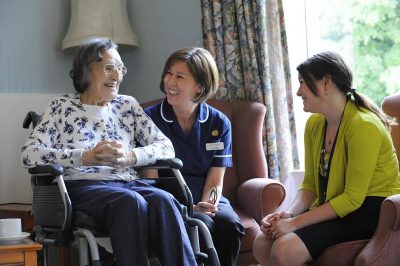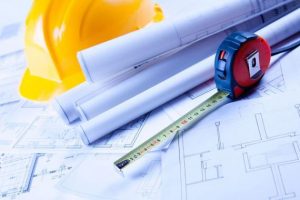Legionella – Continuing outbreaks of Legionnaires’ disease have prompted the reissue of an in-depth report from leading utilities learning provider Develop Training Limited (DTL). Although Legionella is preventable, there are nearly 6,000 cases a year across Europe, including around 350 in England and Wales, commonly manifesting in poorly-maintained air conditioning and water systems. The DTL report concludes that implementing modern training techniques would help to combat the maintenance failings that can allow Legionella bacteria and similar hazards to develop in air conditioning and water systems. Even though these bacteria represent a clear health risk to employees and visitors, managers frequently fail to implement systems to ensure basic precautions, leaving them open to prosecution if they fail to comply with UK legislation. The DTL whitepaper, Controlling Legionella: Training and Compliance for Air Conditioning and Water Systems Maintenance, highlights that maintenance training is essential to control Legionella and other water-borne hazards. Many workplaces and public spaces are potentially at risk, and the health consequences, including the likelihood of fatalities, increase in facilities where people may have impaired immunity, such as hospitals and care homes. Therefore, it is crucial that facilities managers are aware of the dangers and have effective processes and training programmes in place to mitigate them, the report says. The updated report includes a summary of the Health and Safety Executive’s recently published guidance on the risks presented by spa pools. These facilities, where water is typically kept warm and has a high organic content due to regular human use, create conditions where legionellae and other unpleasant bacteria can grow rapidly. As the water in a spa pool is agitated, it forms aerosols that, if infected and inhaled, are the primary means by which legionellae bacteria can be transmitted to humans. Steve Braund, Marketing Manager at DTL, said: “Many cases of Legionnaires’ Disease go unnoticed as the symptoms are so similar to common pneumonia but that does not make the disease any less deadly. It is important for organisations to remain vigilant of the dangers posed by the disease and to make sure they been trained to put the proper checks in place. Advances in training and compliance make it easier to implement effective systems, and facilities managers and public building owners should take advantage of these.” The report highlights that modern training techniques can ensure that responsible persons are trained more effectively in the maintenance of systems than with traditional, classroom-only training. This, coupled with new competency qualifications and compliance processes, gives management flexibility over how and where training is delivered, as well as confidence that maintenance is carried out effectively and monitored properly to ensure the health and wellbeing of building users as well as compliance with legislation. The legionella whitepaper is one of a series of whitepapers published by DTL on a range of topics, including confined spaces safety, the UK smart metering rollout, electrical safety at work and more. These, along with the legionella whitepaper, can be downloaded for free here: http://www.developtraining.co.uk/resource-centre/white-papers DTL can provide specialist training at any one of its eight training bases nationwide, and can also deliver on-site solutions. Visit www.developtraining.co.uk for more information.









